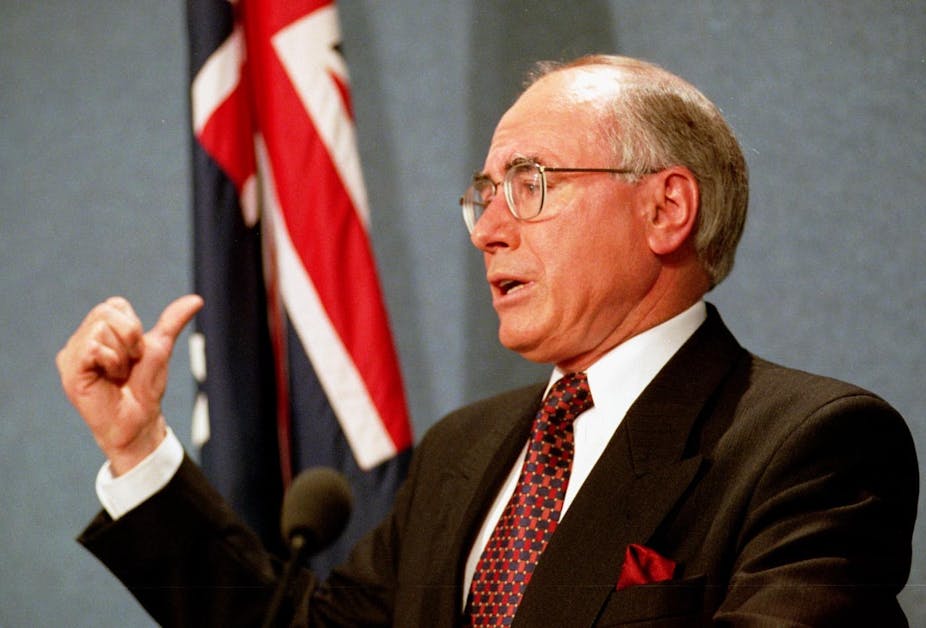The Pre-Election Economic and Fiscal Outlook report (PEFO) is a recent development in Australian politics. It emerged as part of the Charter of Budget Honesty Act 1998 during the first term of the Howard Coalition government with the primary goal of committing governments to sound fiscal management. It came as a response to what the Howard government termed the budgetary “black hole” that it argued was left by the outgoing Keating government.
While the act appears to be borne from noble democratic ideals, there was a significant political reason for the government to introduce the act; it believed the act would strengthen its claim as being the stronger manager of the economy, especially when compared with Labor.
The act commits the Treasurer to provide the PEFO within 10 days of the issue of the election writs. The PEFO itself is an independent, non-political report prepared by the secretaries of the departments of Treasury and Finance. It is often referred to as the “state of the books” and provides updated estimates of the budget.
Another important feature of the PEFO is that it constructs a level playing field for the government and opposition by costing their promises and providing citizens with an accurate picture of how both parties’ policies would impact on the budget.
While these mechanisms appear to enhance transparency, they are subject to challenge by the parties. This year, for example, it has been reported that the Coalition would not trust the PEFO. According to the shadow treasurer, Joe Hockey, the Coalition would not be able to rely on the estimates in the PEFO as it believed the government would try to “bully the public service into a set of numbers” that did “not properly represent the state of the budget”.
Another very important addition to the framework overlooking budgetary promises is the Parliamentary Budget Office which was established by the Gillard government in 2012. This body is responsible for costing the policies announced during an election campaign upon request by the political parties. Establishing the PBO was part of Labor’s agreement with the Greens that led to the formation of the minority government in 2010.
Interestingly, the Coalition has indicated that it would rather use the PBO, as well as a range of other sources, instead of the PEFO to construct its budgetary basis.
This approach has been ridiculed by the government. Treasurer Chris Bowen and finance minister Penny Wong have suggested that the Coalition was avoiding the use of PEFO as the basis for its costings for dubious reasons.
The PEFO has the potential to make a very positive contribution to the political debate and can be a valuable document. Its effectiveness, however, is limited by how the political actors use it.

